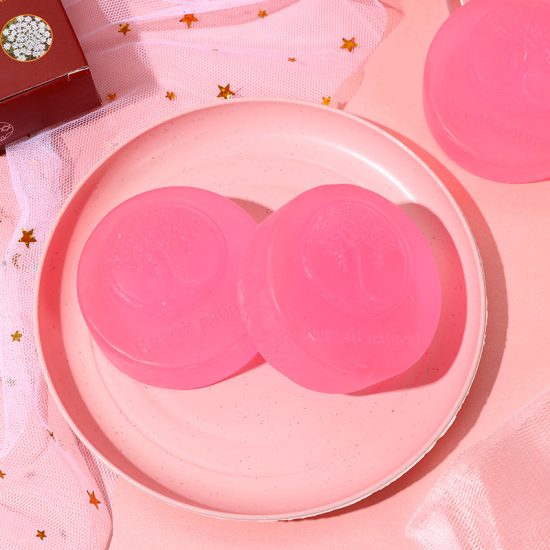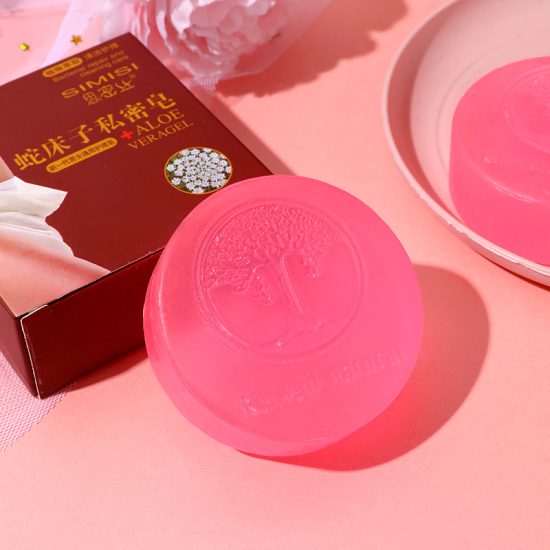Introduction:
Triclosan, a synthetic antimicrobial agent, has been a key ingredient in many antibacterial soaps for years. It promises to combat harmful bacteria effectively. However, its safety has sparked a significant debate in recent years. In this article, we will delve into the controversy surrounding triclosan and its use in antibacterial soaps.
The Rise of Triclosan: Its Role in Antibacterial Soaps
Triclosan gained popularity in the consumer market due to its broad-spectrum antimicrobial properties. It was added to a wide range of products, including antibacterial soaps, toothpaste, and even some cosmetics. Its presence in these products was intended to provide an extra layer of protection against bacteria.
The Safety Concerns: What Research Suggests
The safety of triclosan has come under scrutiny, leading to concerns about its potential health and environmental impacts:
- Antibiotic Resistance: Prolonged use of triclosan may contribute to antibiotic resistance. Bacteria exposed to triclosan can develop resistance not only to triclosan itself but also to antibiotics, rendering these drugs less effective.
- Hormone Disruption: Some studies have suggested that triclosan may interfere with hormonal functions in the body. It has been detected in human tissues and can potentially disrupt the endocrine system, although the extent of these effects in humans is still under investigation.
- Environmental Impact: Triclosan is known to persist in the environment, where it can accumulate in waterways and disrupt aquatic ecosystems. This has raised environmental concerns and led to its ban in some regions.
Regulatory Response
In response to these concerns, the U.S. Food and Drug Administration (FDA) issued a rule in 2016 that banned triclosan and several other active ingredients from over-the-counter consumer antiseptic wash products, including many antibacterial soaps. This decision was based on the lack of substantial evidence demonstrating the safety and effectiveness of these ingredients.
Choosing Triclosan-Free Alternatives
With the growing awareness of the potential risks associated with triclosan, consumers have been increasingly turning to triclosan-free alternatives. Many manufacturers have reformulated their products to exclude triclosan and instead focus on other antibacterial agents.
Conclusion: The Triclosan Debate
The debate over triclosan’s safety in antibacterial soaps continues to evolve. While it was once a common ingredient in these products, regulatory actions and growing concerns have led to its reduced usage. Consumers are encouraged to opt for triclosan-free alternatives, as the long-term safety of this chemical remains uncertain, and the potential risks are not to be taken lightly.
As the scientific community continues to study triclosan, it’s essential to stay informed about the latest research findings and regulatory decisions to make informed choices about the products we use and their impact on our health and the environment.


